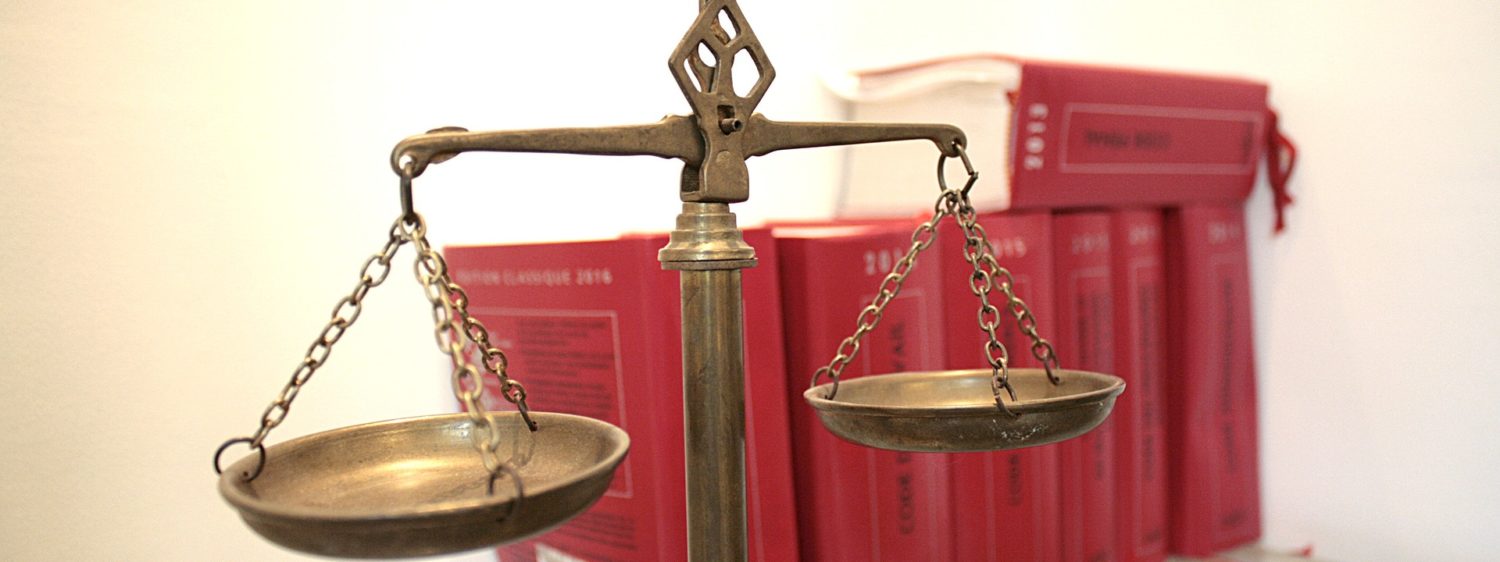
Brewery licenses are the cheapest alcoholic beverage licenses, while Type 47 allows restaurants to serve wine and beer. Type 48 licenses are the most expensive and require a state-approved package agency. In the United States, licenses are required to sell beer and wine at bars, restaurants, and other establishments. Here are some of the types of licenses and what they mean.
Brewery licenses allow breweries to brew their alcoholic beverages.
A brewery license is needed to brew alcoholic beverages in a business establishment. A business owner must obtain these licenses to brew alcoholic beverages. A brewery can also have additional locations, such as restaurants, where customers can buy their products. A brewery license will also allow it to donate beer and wine to nonprofit organizations and charity organizations.
Massachusetts has a series of different brewing licenses, including Pub Brewery licenses. The Pub Brewery license allows producers to create beverages from malt beverages and cereal grains and sell them wholesale or retail. However, it also means a brewery must rely on a wholesaler to bring its products to retail customers.
Farm Brewery licenses are intended to let craft brewers use products grown in New York State. This will encourage the consumption of New York-grown products. In addition, a Farm Distillery license will allow the sale of New York-labelled products for off-premise consumption.
Type 47 license allows restaurants to sell beer and wine.
If you own a restaurant in California, you should consider a Type 47 alcoholic beverage state license. These licenses allow you to sell a wide variety of alcoholic beverages. In addition, an alcohol license Dallas, TX, can enable you to serve alcohol until 2 a.m. in a central metropolitan area. If you don’t need a full liquor license to sell beer and wine in your restaurant, you can use a Type 41 license.
If you are looking to open a restaurant in a city that restricts the sale of alcohol, you must first obtain a Type 47 license. There are many steps involved in applying for a liquor license, and the process will vary from state to state. You must be at least 21 years of age and be a US citizen to apply for a liquor license. You will also have to meet specific minimum sales requirements, such as serving alcohol as a percentage of food sales.
The most common requirement is to have a liquor store. These two types of licenses are designed for different establishments and are divided into various classes. For example, obtaining a liquor store license is required for a bed and breakfast where you can hold wine tasting events. A restaurant with a full bar needs a Type 47 license. The permit will also allow you to sell packaged alcohol.
Type 48 license is the most expensive.
There are two main types of alcoholic beverage state licenses available in your state. The first one is Type 47, which is for on-sale general public premises. This type of license is required if you …

 Much of the lawsuit is a carefully-guarded secret, nonetheless. Often, you’ve gotten the best to sue one other member of the army. However, you will have to show that the other member has lied which could result in a really messy go well with. To show slander, you must present that someone has both orally or in writing labeled false accusations in opposition to you resulting in lack of repute. If the statements become true, it could not be thought of a slander and the accused particular person might defend with that. To win such a go well with you need to show that the person has made a statement which is a lie and due to that you’ve suffered injury of popularity resulting in financial loss like loss of clients, loss of work and so forth. You could request the command to press charges and prosecute the individuals concerned with the false statements. Your command might deal the case free of cost. If you nonetheless determine to sue, you will have a lawyer.
Much of the lawsuit is a carefully-guarded secret, nonetheless. Often, you’ve gotten the best to sue one other member of the army. However, you will have to show that the other member has lied which could result in a really messy go well with. To show slander, you must present that someone has both orally or in writing labeled false accusations in opposition to you resulting in lack of repute. If the statements become true, it could not be thought of a slander and the accused particular person might defend with that. To win such a go well with you need to show that the person has made a statement which is a lie and due to that you’ve suffered injury of popularity resulting in financial loss like loss of clients, loss of work and so forth. You could request the command to press charges and prosecute the individuals concerned with the false statements. Your command might deal the case free of cost. If you nonetheless determine to sue, you will have a lawyer.:format(jpeg):mode_rgb():quality(40)/discogs-images/R-2696438-1389835214-5333.jpeg.jpg) A new agenda and regulation are on observe by the government of UAE that’s Cupboard Determination 32 of 2020 as an Implementing Regulation for Federal Law quantity 2 of 2019 relating to the utilization of Data Expertise within the well being care trade. New York legal professional basic Letitia James stated Monday that her workplace is continuous to actively examine alleged inflation and deflation of Trump Group’s real property values in an effort to evade state tax legal responsibility and acquire other monetary advantages.
A new agenda and regulation are on observe by the government of UAE that’s Cupboard Determination 32 of 2020 as an Implementing Regulation for Federal Law quantity 2 of 2019 relating to the utilization of Data Expertise within the well being care trade. New York legal professional basic Letitia James stated Monday that her workplace is continuous to actively examine alleged inflation and deflation of Trump Group’s real property values in an effort to evade state tax legal responsibility and acquire other monetary advantages. The associated ideas of crime and legislation have a long historical past out of which has emerged quite a lot of legal programs and juridical forms that necessitate the existence attorneys. Some litigators are additionally skilled trial attorneys and can present in front of decide and jury, but this isn’t a guarantee. Not all litigators do this. It’s very common for the litigator to handle the case till it goes to the decide then hand it over to the trial lawyer to arrange it for court. This does not mean you’ll be deserted by the litigator you have been working with all along. It simply means one other lawyer can be brought in to represent you and current your place in the courtroom. Your litigator will still be concerned within the process and will even be relied on by the other legal professional to offer the skilled legal information wanted to defend the case.
The associated ideas of crime and legislation have a long historical past out of which has emerged quite a lot of legal programs and juridical forms that necessitate the existence attorneys. Some litigators are additionally skilled trial attorneys and can present in front of decide and jury, but this isn’t a guarantee. Not all litigators do this. It’s very common for the litigator to handle the case till it goes to the decide then hand it over to the trial lawyer to arrange it for court. This does not mean you’ll be deserted by the litigator you have been working with all along. It simply means one other lawyer can be brought in to represent you and current your place in the courtroom. Your litigator will still be concerned within the process and will even be relied on by the other legal professional to offer the skilled legal information wanted to defend the case. Much of the lawsuit is a carefully-guarded secret, nevertheless. In August, the Nationwide Institute of Justice (NIJ) will hold a two-day “convening of federal, state and native legislation enforcement agencies” to evaluate and focus on the proposed specs. After that, the Division of Justic and Department of Homeland Safety will revise the guidelines earlier than finalizing the document for publication.
Much of the lawsuit is a carefully-guarded secret, nevertheless. In August, the Nationwide Institute of Justice (NIJ) will hold a two-day “convening of federal, state and native legislation enforcement agencies” to evaluate and focus on the proposed specs. After that, the Division of Justic and Department of Homeland Safety will revise the guidelines earlier than finalizing the document for publication. When most individuals hear the time period property planning attorney”, they consider wills. The rapid proliferation of plastics gave strange individuals access to conveniences and items that had as soon as been beyond their attain. It additionally brought tens of 1000’s of unregulated chemical substances into American homes. In the early Nineteen Fifties, a bunch of Columbia College scientists revealed a number of papers describing high charges of most cancers in rats exposed to plastics resembling vinyl, Saran wrap and Teflon. Some lawmakers started to worry in regards to the lack of safety testing for chemicals within the food supply. In 1951, Democratic congressman James Delaney shaped a committee to research the well being effects of these substances and write legislation to protect the public.
When most individuals hear the time period property planning attorney”, they consider wills. The rapid proliferation of plastics gave strange individuals access to conveniences and items that had as soon as been beyond their attain. It additionally brought tens of 1000’s of unregulated chemical substances into American homes. In the early Nineteen Fifties, a bunch of Columbia College scientists revealed a number of papers describing high charges of most cancers in rats exposed to plastics resembling vinyl, Saran wrap and Teflon. Some lawmakers started to worry in regards to the lack of safety testing for chemicals within the food supply. In 1951, Democratic congressman James Delaney shaped a committee to research the well being effects of these substances and write legislation to protect the public.
 A lot of the lawsuit is a carefully-guarded secret, nevertheless. By historic requirements, Biden’s plan to tax unrealized features at dying and levy the estate tax on the similar time is kind of distinctive. Historically, property tax regulation has allowed for a step-up” in the foundation of transferred assets in order that they were not hit by the capital positive factors tax and the estate tax at the same time. Combining both taxes results in a complete tax legal responsibility of $sixty one.1 million on the original $a hundred million asset, for an efficient tax price of sixty one %. The tax rate underneath Biden’s proposal is nearly twice the efficient tax fee that the same asset would face today beneath existing tax guidelines.
A lot of the lawsuit is a carefully-guarded secret, nevertheless. By historic requirements, Biden’s plan to tax unrealized features at dying and levy the estate tax on the similar time is kind of distinctive. Historically, property tax regulation has allowed for a step-up” in the foundation of transferred assets in order that they were not hit by the capital positive factors tax and the estate tax at the same time. Combining both taxes results in a complete tax legal responsibility of $sixty one.1 million on the original $a hundred million asset, for an efficient tax price of sixty one %. The tax rate underneath Biden’s proposal is nearly twice the efficient tax fee that the same asset would face today beneath existing tax guidelines. A new agenda and regulation are on track by the government of UAE that’s Cupboard Resolution 32 of 2020 as an Implementing Regulation for Federal Law quantity 2 of 2019 concerning the usage of Information Know-how within the health care industry. The brand new Rule forty one might deter hacking victims or people with details about unlawful online exercise from even coming forward, over considerations that their personal info would turn into a part of the investigation, Ahn says. Nonetheless, the FBI and different federal agencies want to be able to monitor and prosecute cyber criminals, and the brand new guidelines can be immensely useful in that regard. Brokers face strict rules when it comes to making ready a case for court docket, and present rules don’t deal with many new forms of on-line communication, giving cyber criminals ample alternative to escape justice.
A new agenda and regulation are on track by the government of UAE that’s Cupboard Resolution 32 of 2020 as an Implementing Regulation for Federal Law quantity 2 of 2019 concerning the usage of Information Know-how within the health care industry. The brand new Rule forty one might deter hacking victims or people with details about unlawful online exercise from even coming forward, over considerations that their personal info would turn into a part of the investigation, Ahn says. Nonetheless, the FBI and different federal agencies want to be able to monitor and prosecute cyber criminals, and the brand new guidelines can be immensely useful in that regard. Brokers face strict rules when it comes to making ready a case for court docket, and present rules don’t deal with many new forms of on-line communication, giving cyber criminals ample alternative to escape justice.